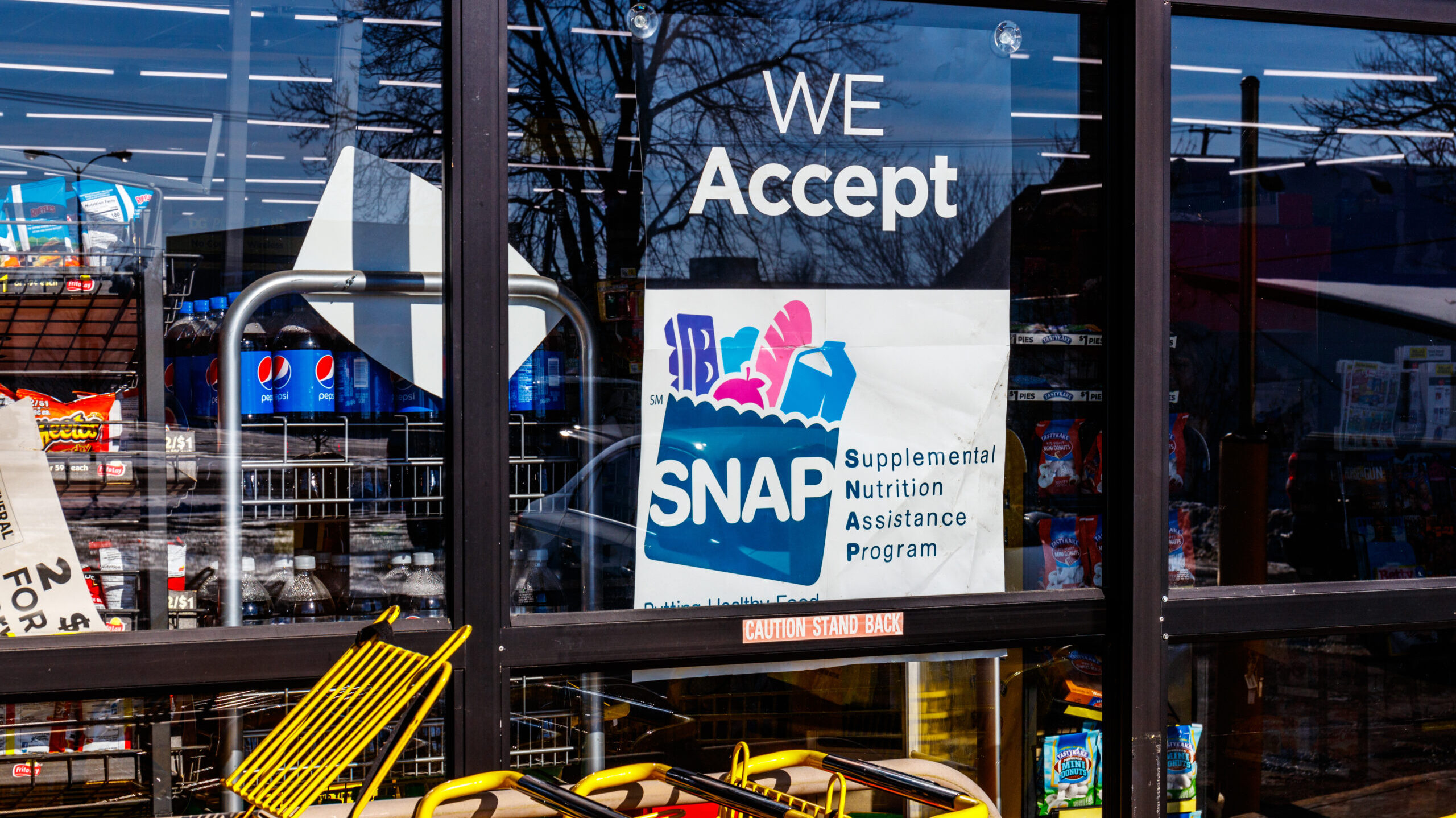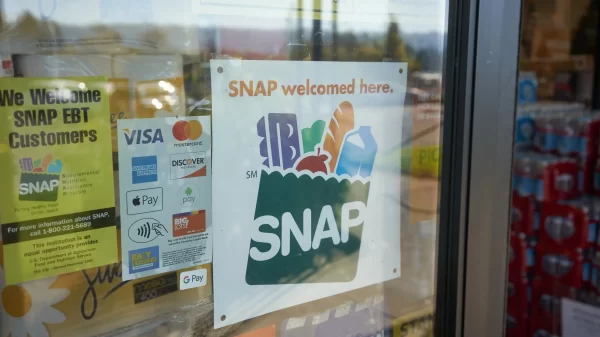In a press call Tuesday afternoon, Sharon Parrott, president of the Center on Budget and Policy Priorities, called the current House Republican budget proposal “a bill that features very large tax cuts skewed to the wealthy, coupled with deep and harmful cuts in SNAP, in Medicaid, in ACA marketplace coverage.”
If passed, Parrott said, it “will leave millions without the food assistance they need … and it will leave millions without health coverage.”
During the House Ways and Means committee’s markup of the bill, Alabama Congresswoman Terri Sewell criticized it as “$4 trillion worth of tax giveaways to the wealthy, the well-connected, and the well-off.”
“How are we going to pay for it? Not by reducing the billions of dollars we spend to subsidize the oil industry,” Sewell stated. “No. Instead, my Republican colleagues would rather kick 14 million Americans off their health care, cut off food stamps and food assistance for hungry families, and bankrupt our small businesses because of this tariff war.”
While Congressional Republicans’ current proposal would dramatically increase the budget deficit, according to reports from the Congressional Budget Office and the Joint Committee on Taxation, it still includes drastic cuts to America’s social safety net programs meant to offset some of the loss in revenue from major tax cuts.
The Supplemental Nutrition Assistance Program, also called SNAP or food stamps, would face a cut of over $290 billion. And state governments like Alabama’s would be heavily hit by new requirements to help pay for SNAP benefits and administrative costs.
Over the weekend, APR spoke with Alabama Arise senior policy analyst Carol Gundlach about the potential effects of these proposed cuts. She said the proposal “would cost Alabama at least $115 million to $120 million in General Fund money if you wanted to maintain the SNAP program” and worried that attempts by the state to keep costs down would “leave people out there hungry.”
During the Tuesday press call, CBPP’s vice president for food assistance, Ty Jones Cox, said House Republicans’ plan would be “the biggest cut in the program’s history, threatening SNAP’s effectiveness, and could possibly dismantle the program entirely in some parts of the country.”
Cox also pointed out that the Republican proposal would apply “SNAP’s already harsh, red tape-laden work requirements to more people, including parents of children as young as seven.”
Specifically, the bill would expand requirements currently placed on “able-bodied adults without dependents,” or ABAWDS, to adults between 55 and 64 and parents of children older than 6. Republican politicians, including Alabama Senator Tommy Tuberville, maintain that tightening work requirements for social safety net programs like SNAP and Medicaid will help encourage workforce participation.
However, one study conducted by the Urban Institute for the USDA in 2021 concluded that reinstating the time limit for ABAWDs after the Great Recession reduced participation in SNAP but had no positive effects on employment. When similar restrictions were floated in past Congressional sessions, CBPP estimated 137,000 Alabamians could possibly be at risk of losing some or all of their SNAP benefits.
Medicaid would also be subject to work requirements under Republicans’ current plans, with House Majority Leader Steve Scalise telling the press earlier this week that Republicans want them to go into effect in 2027.
Tuberville’s vivid description of “people that […] are sitting around at home, watching ‘The View’ on television, getting SNAP cards, food stamps and on Social Security, Medicare, Medicaid” is a fair representation of Republican messaging around this issue. Matt Bruenig, the founder of the People’s Policy Project, pointed out in an opinion piece for the New York Times, though, that “only 6 percent of working-age enrollees are not engaged in work long term, which is just 3 percent of the entire Medicaid population.”
Ife Finch Floyd of the Georgia Budget & Policy Institute also highlighted on Tuesday that Georgia paid “an average of about 13,000 dollars per enrollee” for the state’s Pathways to Coverage plan, a federally subsidized healthcare program which includes work requirements. An investigation by nonprofit newsroom ProPublica found the state “never hired enough people to help residents sign up or to verify that participants are actually working.”
Cuts and more strenuous work requirements for Medicaid and SNAP could also have significant second-order effects. One CBPP senior policy analyst stated that “SNAP and Medicaid both facilitate access to free meals and reduced price meals at school.” In Alabama, children whose families are receiving SNAP or Medicaid Free benefits are automatically eligible for free school meals. If families were removed from both programs as a result of the proposed changes, their children could also stop receiving free or discounted lunches at school.
“Proponents of this agenda have tried every trick in the book to claim that the deep and harmful cuts to food assistance and health coverage are somehow not cuts that will hurt people,” Parrott inveighed yesterday. “They’ve done all they can to portray the people hurt as anything but who they are: People in our communities, throughout the entire country, who need help to afford the basics, most of whom work or are children, or seniors, or people with disabilities.”
“But the truth is clear,” she claimed. “The agenda will hurt people. Kids will go hungry. People won’t have health coverage, and they will forego life-saving treatment and the ongoing treatment they need to manage chronic conditions. Or they will access health care and go into great medical debt and greater financial insecurity.”
A full House vote on the Republican budget proposal is expected to be held either today or tomorrow.



















































